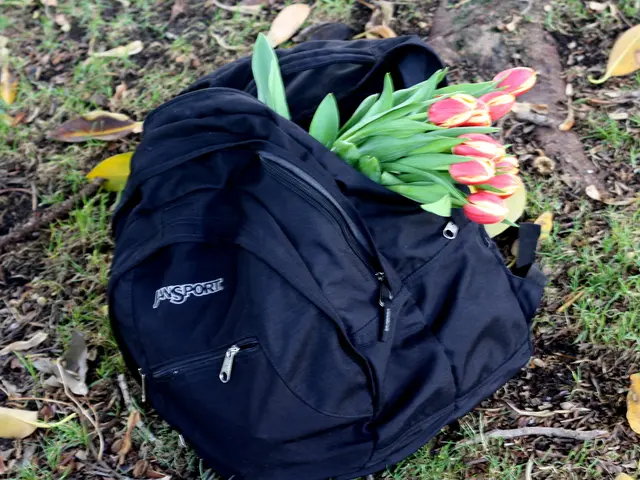Adopting Basic Guidelines for Simplified Living
In today's fast-paced world, the concept of simple living has gained popularity as a means to lead a more intentional, mindful, and sustainable lifestyle. By adopting simple living principles, individuals can focus on decluttering, reducing consumption, prioritizing experiences, and nurturing relationships and personal well-being.
Reducing Consumption and Clutter
A key aspect of simple living is mindfully reducing consumption and clutter. This can be achieved by owning fewer, high-quality items and making thoughtful, eco-friendly purchases. By favoring thrift or upcycled goods, individuals can save resources and money while still acquiring items that serve a purpose.
Adopting Intentional Routines
Incorporating simple living into daily life also involves adopting routines that promote intentionality and focus. One such routine is the "rule of three"—limiting daily goals and decisions to three main priorities to avoid overwhelm and boost productivity and mindfulness.
Mindfulness in Daily Habits
Embracing mindfulness is another crucial element of simple living. This can include mindful speaking, acting with kindness and compassion, and caring for your environment and community as interconnected parts of sustainable living.
Cultivating Personal Growth and Well-being
Simple living also encourages continuous learning and healthful routines. Regular exercise, exploring diverse foods mindfully, engaging your brain with stimulating activities, and balancing work with joyful acts like dancing or singing contribute to emotional well-being.
Managing Finances Wisely
Living below your means, saving, and investing are essential financial practices for simple living. By adopting these habits, individuals can gain financial independence that supports sustainable choices without stress.
The Benefits of Simple Living
The benefits of simple living are manifold. It can reduce stress, improve mental health, increase financial stability, enhance relationships, and foster a greater focus on personal well-being. Moreover, simple living contributes to sustainability by reducing consumption, minimizing waste, and prioritizing environmentally-friendly practices.
Letting go of sentimental items or things with emotional value can be challenging, but it's important to remember that memories and experiences are not tied to physical possessions. Embracing simple living brings contentment, joy, freedom, peace, and fulfillment.
Adopting a simple living lifestyle can be challenging due to societal pressure to acquire more material possessions and achieve external markers of success. However, staying true to one's values and priorities is crucial for overcoming this challenge. Maintaining a simple living lifestyle in a world of consumerism and excess requires mindfulness of consumption habits and staying true to one's values.
In essence, the principles of simple living include reducing consumption, decluttering, living within one's means, focusing on experiences over material possessions, and prioritizing relationships and personal well-being. By incorporating these principles into daily life, individuals can lead a simpler, more sustainable, and fulfilling life.
In the pursuit of a minimalist lifestyle, individuals may choose to focus on owning fewer items and prioritizing high-quality, purposeful possessions, including thrift or upcycled goods in their home-and-garden décors, thereby promoting sustainable-living practices.
In accordance with simple living principles, cultivating intentional routines, such as adopting the "rule of three," leads to increased productivity, mindfulness, and well-being, transforming daily life into a more meaningful and fulfilling journey.




